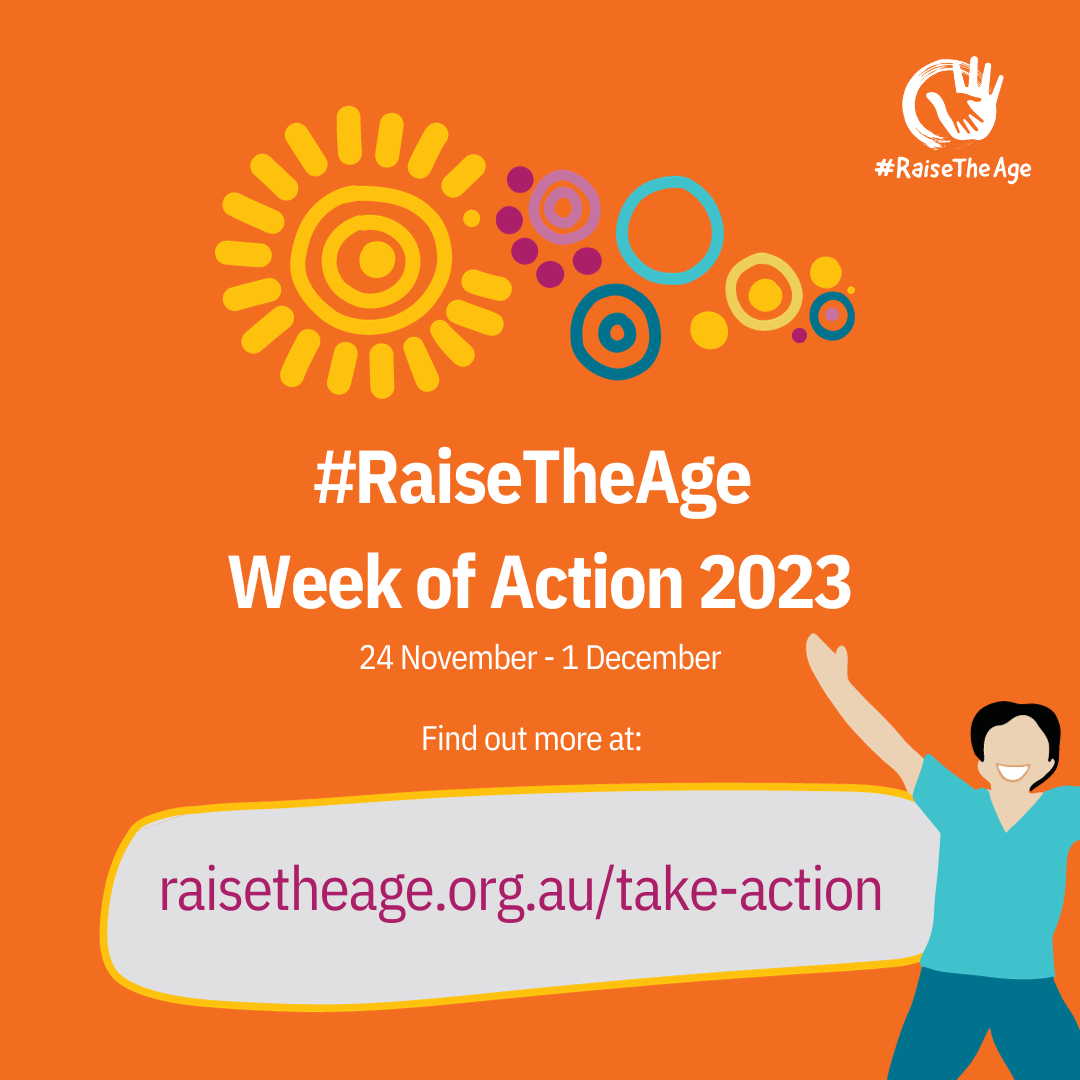Our society is in crisis as we are failing our future - our children. .
Australia is a signatory to the United Nations’ Sustainable Development Goals. The first of these goals is “No poverty.” However, Australia has the 15th highest poverty rate of the 34 wealthiest countries in the OECD: higher than the OECD average; higher than the UK, Germany, and New Zealand.
The 2022 Poverty in Australia “Snapshot” by the Australian Council of Social Justice found that there are 3.3 million people (13.4%) living below the poverty line, including 761,000 children (16.6%).[1]
That is 1 in 8 adults and 1 in 6 children living in poverty in Australia.
Those living in poverty often miss out on essentials such as food or a roof over their heads. Inequality and economic disadvantages have direct correlations with learning disabilities, poor mental health, and experiences of trauma and adversity in childhood. These can also increase the likelihood of a young person’s exposure to the criminal justice system.
There were nearly 16,000 offenders proceeded across Australia in 2021–22 aged between 10 and 14 and over 52,000 were between 15 and 19. On an average night in the June quarter there were 819 young people in youth detention across Australia. Most detainees (83%) were aged 10–17. Only 1 in 4 were serving a sentence.
This is alarming and ethically wrong as based on research evidence, detained adolescents have a significantly higher prevalence of mental health disorders and suicidal behaviours than their peers, and of substance use disorders, neurodevelopment disabilities, and sexually transmitted infections.
Indigenous communities' children and young adults are the most impacted. Despite a slight dip in the number of Indigenous children in the youth justice system (as recorded by the Australian Institute of Health and Welfare), the statistics show that Australia continues to fail First Nations people.
Many agencies, including the Australian Human Rights Commission, have been calling on all Australian governments to urgently address the national crisis in youth justice, to prevent further harm to children in detention, and to reduce youth offending through effective systems of support. Such efforts, however, are not sufficient.
A whole-of-system approach is needed to improve health and wellbeing outcomes for vulnerable children, adolescents, and the community. There is a massive gap between government policy, actions and funding compared to what is needed to rebuild relationships with youth and to ensure holistic engagement and empowerment of young people in public and economic life.
For over a decade, alongside other similarly minded organisations, CASPA has embarked on the journey of bridging this gap in society.
This is truly a heroic journey. We have decided to invest our most valuable possessions – our time, our money, our knowledge – to help others. Not to sit and watch, we are in the thick of it: tackling some of the Australia’s most difficult challenges; stopping the misery and unfairness; securing the wellbeing of our children for a prosperous and healthy future. As you sow, so shall you reap. And, from a macroeconomic perspective, youth represent a unique opportunity for a country to reap demographic dividends.
Unfortunately, some of the government institutions that help address disadvantaged youth problems in Australia are unable or unwilling to devote anywhere near the resources needed to make a meaningful and sustainable breakthrough in eradicating such serious social problems.
Against the odds, we are not giving up at CASPA: we continue to invest generously in the causes and children we care about, believing that our love, gifts, and generosity will make a difference - that we can change the world.
We provide essential support, resources, and services that have a profound impact on the lives of children and young people who face numerous challenges, some due to their complex needs and being placed in out-of-home care. We advocate for their rights and welfare and work tirelessly to ensure that they have access to the same opportunities as their peers. We fight for policy changes and work with like-minded stakeholders to create a more inclusive and equitable society, where these children are not marginalized or overlooked. And I know, based on CASPA stories, that the social impact of CASPA extends beyond the individual child to the broader community.
We all benefit from living in such a society.
Through the CASPA Foundation we can extend our links with young adults beyond caregiving: we can create inclusive and equitable opportunities for young adults by scaling access to training and education, technology and economic advancement.
All of us can help break the cycle of disadvantage and create positive change in families and communities.
[1] https://povertyandinequality.acoss.org.au
[3] https://www.youthindex.org/

-1.png)


